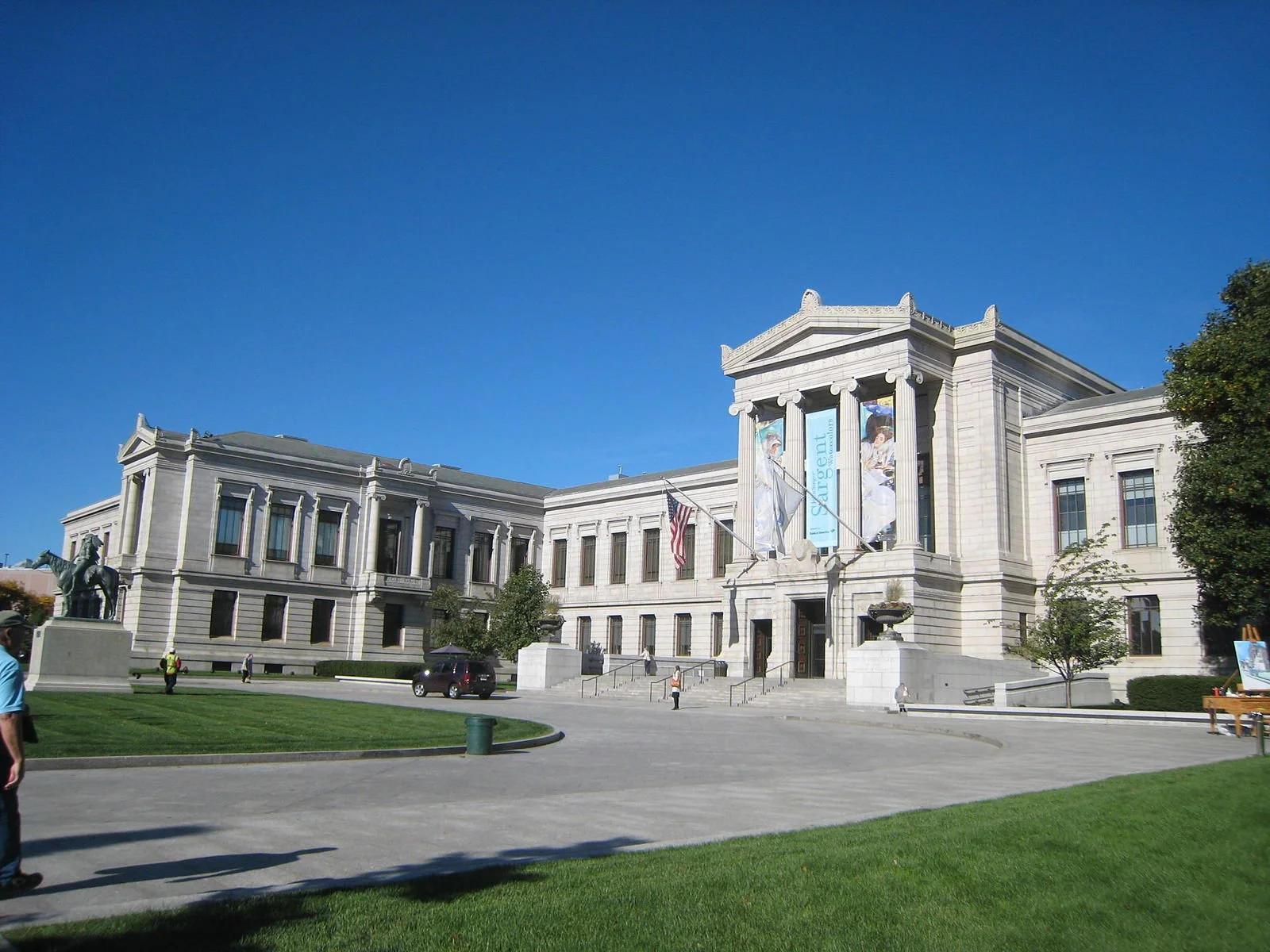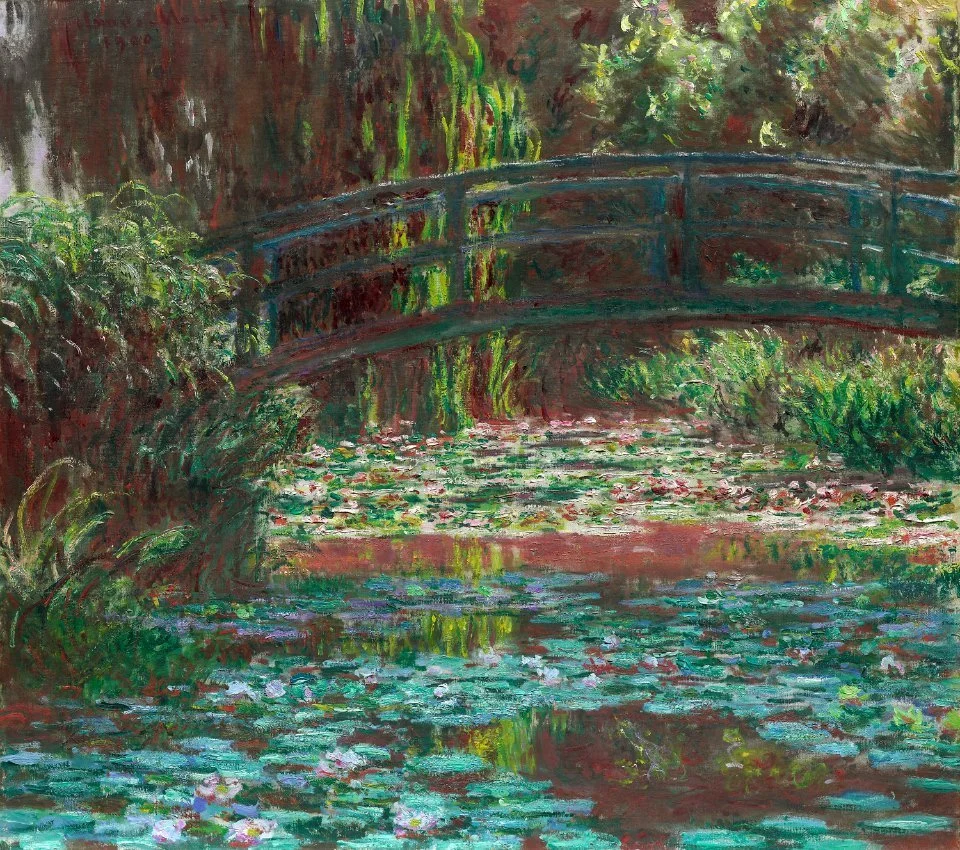The MFT 🖼️ Is Home to the Largest Collection of Monets Outside France
Among the most celebrated artists in history, Claude Monet holds a prominent place. Known for his revolutionary Impressionist style, Monet's paintings capture the essence of light, color, and nature. While France is undeniably Monet's homeland, a surprising treasure awaits Monet lovers in the City of Boston. Right down the street at The Museum of Fine Arts (MFA)you’ll find the largest collection of Monet paintings outside of France.
A Rich Impressionist Legacy
Before diving into the Monet collection at the MFA, it's crucial to understand the significance of Impressionism as an art movement. Emerging in the late 19th century, Impressionism challenged traditional artistic conventions, embracing the fleeting qualities of light and atmosphere. Monet played a pivotal role in this movement, becoming a leading figure and earning acclaim for his ability to capture the ever-changing play of light in his landscapes, seascapes, and gardens.
The MFA's Remarkable Collection
MFA houses an unparalleled assemblage of Monet's masterpieces. The museum's dedication to preserving and showcasing these works of art is commendable. With over thirty Monet paintings, the collection stands as a testament to the MFA's commitment to promoting art appreciation and cultural heritage.
Highlights of the Collection
1. "La Japonaise" (1875): This iconic painting depicts Monet's wife, Camille, dressed in a Japanese kimono. It showcases the influence of Japanese art on Monet's work and reveals his experimentation with different techniques and perspectives.
2. "The Water Lily Pond" (1899): This serene piece transports viewers to Monet's own garden in Giverny, France. The play of light on the water's surface and the vibrant colors create an enchanting atmosphere that showcases Monet's mastery.
3. "Rouen Cathedral Series" (1892-1894): Monet's fascination with capturing the ever-changing effects of light led him to paint a series of thirty views of the Rouen Cathedral. Each painting explores the cathedral's architectural nuances and its transformation under different lighting conditions.
4. "The Cliff Walk at Pourville" (1882): This striking coastal landscape perfectly embodies Monet's ability to convey the essence of natural beauty. The painting captures the majestic cliffs, the crashing waves, and the interplay of light and shadow, showcasing Monet's skill at capturing fleeting moments.
Embracing Monet's Legacy
The MFA's dedication to preserving and displaying Monet's art is not limited to the physical collection alone. The museum hosts special exhibitions, educational programs, and events centered around Monet's works. These initiatives offer visitors a comprehensive understanding of Monet's life, artistic journey, and the historical context in which he created his masterpieces.
So, as you wander through the halls of the MFA be aware of the museum's dedication to showcasing Monet's legacy and all great works of art.


